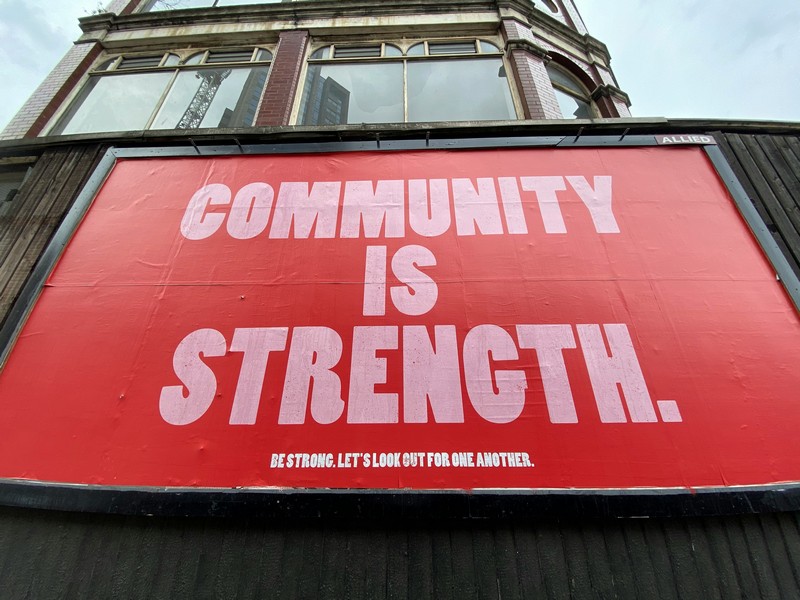Small-town Canada Losing its Access to Community TV

From Whistler to Dartmouth, communities have lost their community TV studios. Where more than 300 communities in Canada once had their own cable community television studios, more than half have been closed nation-wide as cable operators have moved resources to larger centres. The variety of community groups that formerly accessed these channels to make programs tailored specifically for their needs has all but disappeared, including ethnic and linguistic minorities, and special-needs groups. As studios close, volunteers are being shut out.
How did this happen? Cable companies began to professionalize community TV in 1997. They consolidated paid staff and studios in larger centres, told volunteers to go home and began recycling programming from one province to another. In New Brunswick, over 30 community TV studios used to let the people air their own views and make programs, but this number has fallen by more than two thirds; and just before Christmas six more studios were eliminated -- now only six community TV studios remain in the entire province. Where Vancouver alone once had 12 neighbourhood offices, letting the public access production facilities close to home, now just one studio remains, not so-conveniently located in the cable company’s corporate office tower downtown.
But the CRTC could change this. February 1st is the dead-line for the public to comment on how cable companies spend in excess of $100 million of subscribers’ money annually for “community channels” but have shut studios in smaller communities, making it increasingly difficult or at times simply impossible for those communities to access their studios in larger centres.
Why does this CRTC hearing matter? The power of the volunteer model meant that community used to be dynamic, alternative, and cheap to produce. It wasn’t subject to the same market forces and expensive production budgets that characterize CBC and private network programming. Expenditures on so-called “community programming” by cable operators have actually grown in the last decade, but unfortunately, thanks to professionalization and consolidation, that money is going to slick commercial-like productions in big cities, not to the communities themselves.
This April, CACTUS, (the Canadian Association of Community Television Users and Stations) will urge the CRTC to free community TV from the financial leash now held by cable companies.
CACTUS will propose that the hundreds of millions that cable companies are required to spend on “community expression” be used to help communities set up multimedia centres that would teach new media as well as traditional TV and radio. Communities would again have a place to meet to create content for broadcast, cable, and the web. “The CRTC should not have let profitable cable companies close studios in small communities,” says Catherine Edwards, spokesperson for the Canadian Association of Community TV Users and Stations (CACTUS).
But if Canadians ignore this issue, so will the CRTC. The CRTC is asking Canadians for their views – but will only accept the comments it receives by or before this coming Monday, February 1, 2010.
The CACTUS web site at www.cactus.independentmedia.ca has more information, and a sample letter to support the return of control of community TV to communities can be sent to the CRTC with a single button click online at www.openmedia.ca/action.
About the Author:
Cathy Edwards is the spokesperson for CACTUS. She was the Volunteer Co-ordinator for Shaw Cable 10 in Calgary during the 1990s and has toured the world researching viable models of community television and media for a documentary series entitled My TV, Your TV, Our TV.